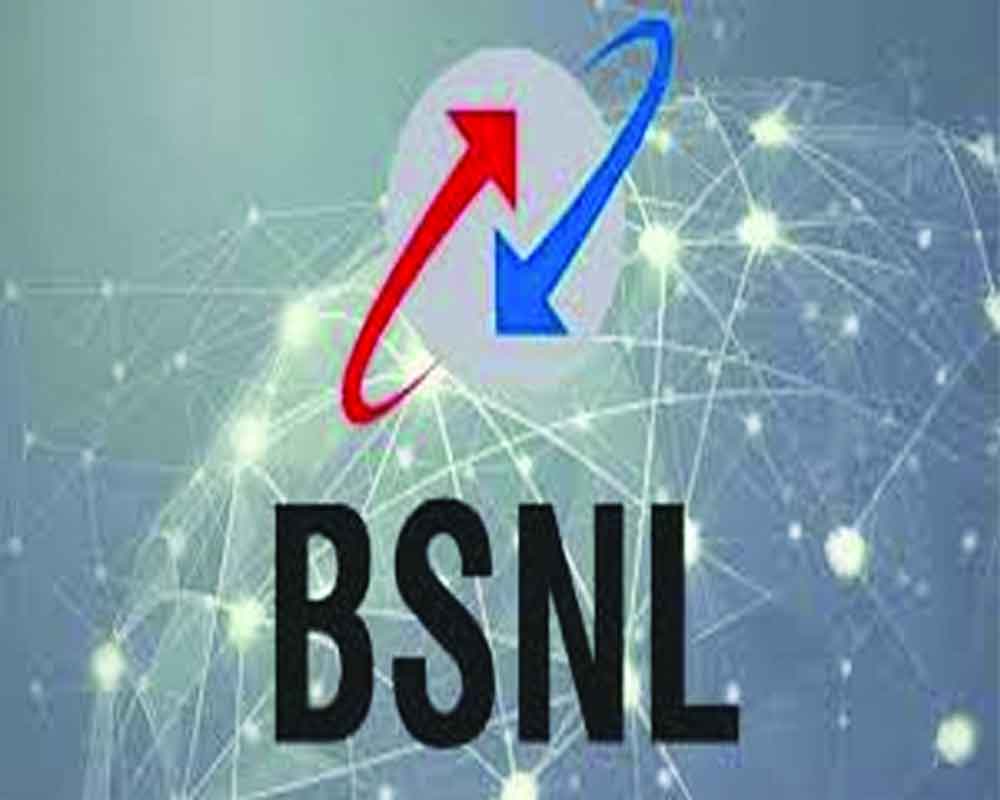The decision to revive BSNL, though well-intentioned, is not grounded in reality
The Government’s decision to revive Bharat Sanchar Nigam Limited (BSNL) is indeed well-intentioned but one has to be too optimistic to believe that it would spell success. Telecom is a strategic sector, an official press release said. The presence of BSNL in the sector, apart from acting as a market balancer, helps expand telecom services in rural areas, development of indigenous technology, and disaster relief, it added. It is for these reasons that the Cabinet, chaired by Prime Minister Narendra Modi, on Wednesday approved the BSNL revival package amounting to Rs 1.64 lakh crore.
The package includes infusion of fresh capital for upgrading the public sector enterprise’s services, allocation of spectrum, de-stressing of its balance sheet, and augmentation of its fiber network by merger of Bharat Broadband Nigam Limited (BBNL) in it. “To improve existing services and provide 4G services, BSNL will be allotted spectrum in 900/1800 MHz band administratively at the cost of Rs 44,993 cr through equity infusion. With this spectrum, BSNL will be able to compete in the market and provide high-speed data using their vast network including in rural areas,” the press release said. Then there is also financial support for capex, to the tune of Rs 22,471 crore over the next four years. Much of this will be in the next two years, Telecom Minister Ashwini Vaishnaw told reporters while briefing about the Cabinet decision.
It’s a typical PSE revival package, complete with debt restructuring, conversion of debt into equity, etc. And, typically, the cost will be borne by the taxpayer. This raises several issues. First, at a time when private players are moving towards 5G, how would a rickety PSE compete with them with 4G networks? Second, BSNL got a revival package worth Rs 70,000 crore in 2019, but it is still not in the pink of health. It is earning operating profits only; only in 2026-27 it is expected to earn a net profit, according to Vaishnaw. Which means that its revival is iffy. Can and should the public exchequer be allowed to take this bet? Third, revival packages have rarely, if ever, worked. Air India is a recent example; tens of thousands of crores were spent over the years to resuscitate the airline—to no avail. Earlier too dozens, if not hundreds, of attempts were made to revive sick PSEs—without any success. The government’s disinvestment manual of 2003 presented a list of 21 PSEs whose revival was studied. The verdict: “Despite huge investments shown above, the Government has not even been able to achieve turnaround in any of the sick companies shown in the Table.”
The reason is simple: PSEs are controlled by politicians and bureaucrats, the people least equipped to run commercial enterprises. Not infrequently, political and partisan interests trump economic logic. Then there are the issues of incompetence and corruption. Against this backdrop, the decision to revive BSNL seems to be a bet that should have been avoided.


























